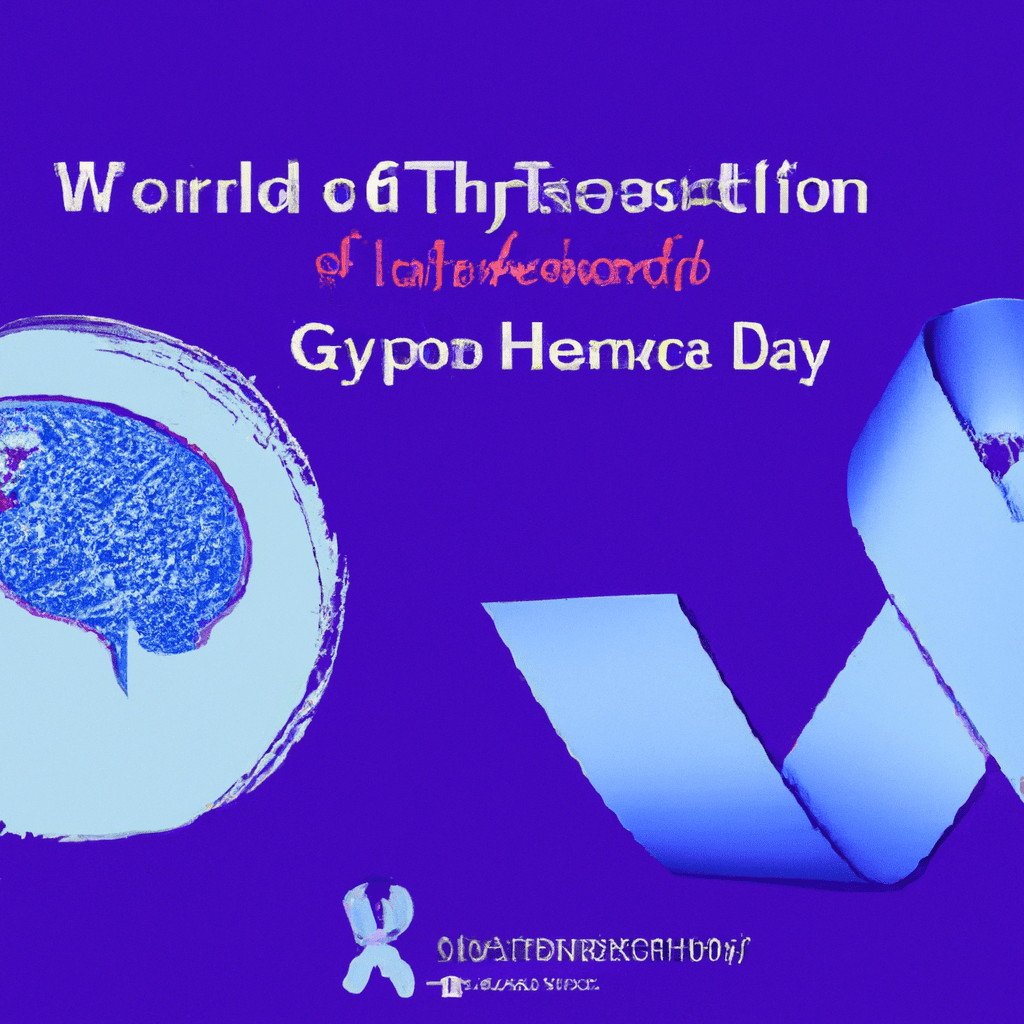Understanding the Predilection of Thyroid Disorders in Women: A Deep Dive on World Thyroid Day 2025 – Shlok’s Automation
Thyroid disorders are common, but did you know that they affect women much more frequently than men? On this World Thyroid Day, May 25, 2025, it’s more important than ever to shed light on this under-discussed issue. Understanding thyroid disorders and their disproportionate impact on women is crucial to improving our global health landscape.
In this blog post, we’ll explore why women are more prone to thyroid disorders than men, how these conditions impact women’s health, and what can be done to mitigate this gender disparity.
The Thyroid and its Functions
Before we delve into the details, let’s start with a quick biology refresher. The thyroid is a small, butterfly-shaped gland located at the base of your neck. This tiny organ has a big job – it produces hormones that regulate several body functions, including your metabolism, body temperature, and heartbeat.
When the thyroid is functioning correctly, it maintains a delicate balance of hormones that keep your body running smoothly. However, problems can arise when the thyroid produces too much or too little of these hormones, leading to thyroid disorders like hyperthyroidism and hypothyroidism.
Women and Thyroid Disorders: Why the Disparity?
Thyroid disorders are common, affecting an estimated 200 million people worldwide. However, the prevalence of these disorders is much higher in women than in men. According to the American Thyroid Association, one in eight women will develop a thyroid disorder during her lifetime.
But why are women more prone to thyroid disorders? There are a few key factors at play:
Hormonal Changes
Women experience several periods of hormonal change throughout their lives, including puberty, pregnancy, and menopause. These changes can trigger the onset of a thyroid disorder or exacerbate an existing one. During pregnancy, for example, hormonal fluctuations can lead to postpartum thyroiditis, a condition characterized by inflammation of the thyroid gland.
Autoimmune Diseases
Thyroid disorders are often caused by autoimmune diseases, where the body’s immune system mistakenly attacks its own tissues. Women are more susceptible to autoimmune diseases which can lead to conditions like Hashimoto’s disease (the most common cause of hypothyroidism) and Graves’ disease (the leading cause of hyperthyroidism).
Genetic Predisposition
Research has shown that there may be a genetic predisposition to thyroid disorders, which can run in families. As with autoimmune diseases, women are more likely to be affected.
The Impact on Women’s Health
Thyroid disorders can have a significant impact on a woman’s health and quality of life. Symptoms can vary widely and may include fatigue, weight gain or loss, depression, and fertility problems. However, it’s important to remember that these symptoms are often nonspecific and may be attributed to other conditions or even normal life stages, making diagnosis difficult.
Thyroid disorders can also have serious complications if left untreated. For example, untreated hypothyroidism can lead to heart disease, while untreated hyperthyroidism can lead to a life-threatening condition called a thyroid storm.
Taking Action: Awareness and Prevention
While the gender disparity in thyroid disorders is significant, the good news is that these conditions are usually manageable with the right treatment. The key is early detection and treatment, which is why awareness is so important.
On this World Thyroid Day 2025, we encourage all women to educate themselves about thyroid disorders. Know the symptoms, understand your risk, and consult your healthcare provider if you have any concerns. Regular check-ups and screenings can help catch thyroid disorders early, making them easier to manage.
In conclusion, the disparity in thyroid disorders between men and women is a multifaceted issue, influenced by hormonal changes, autoimmune diseases, and genetic predisposition. However, with increased awareness, early detection, and appropriate treatment, women can successfully manage thyroid disorders and lead healthy lives. Remember, your health is in your hands.
Anurag Dhole is a seasoned journalist and content writer with a passion for delivering timely, accurate, and engaging stories. With over 8 years of experience in digital media, she covers a wide range of topics—from breaking news and politics to business insights and cultural trends. Jane's writing style blends clarity with depth, aiming to inform and inspire readers in a fast-paced media landscape. When she’s not chasing stories, she’s likely reading investigative features or exploring local cafés for her next writing spot.






